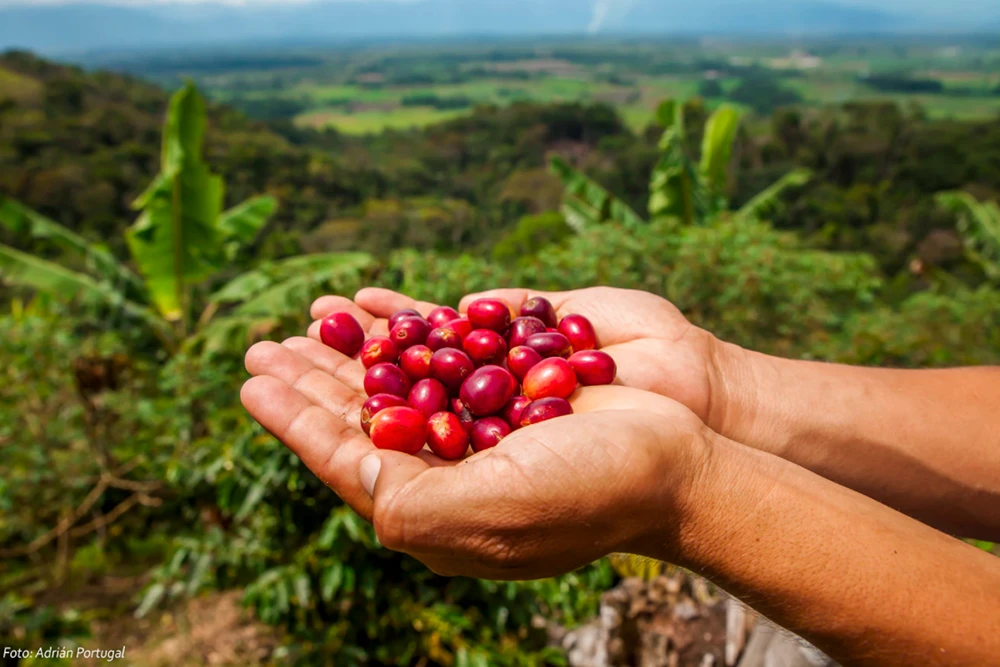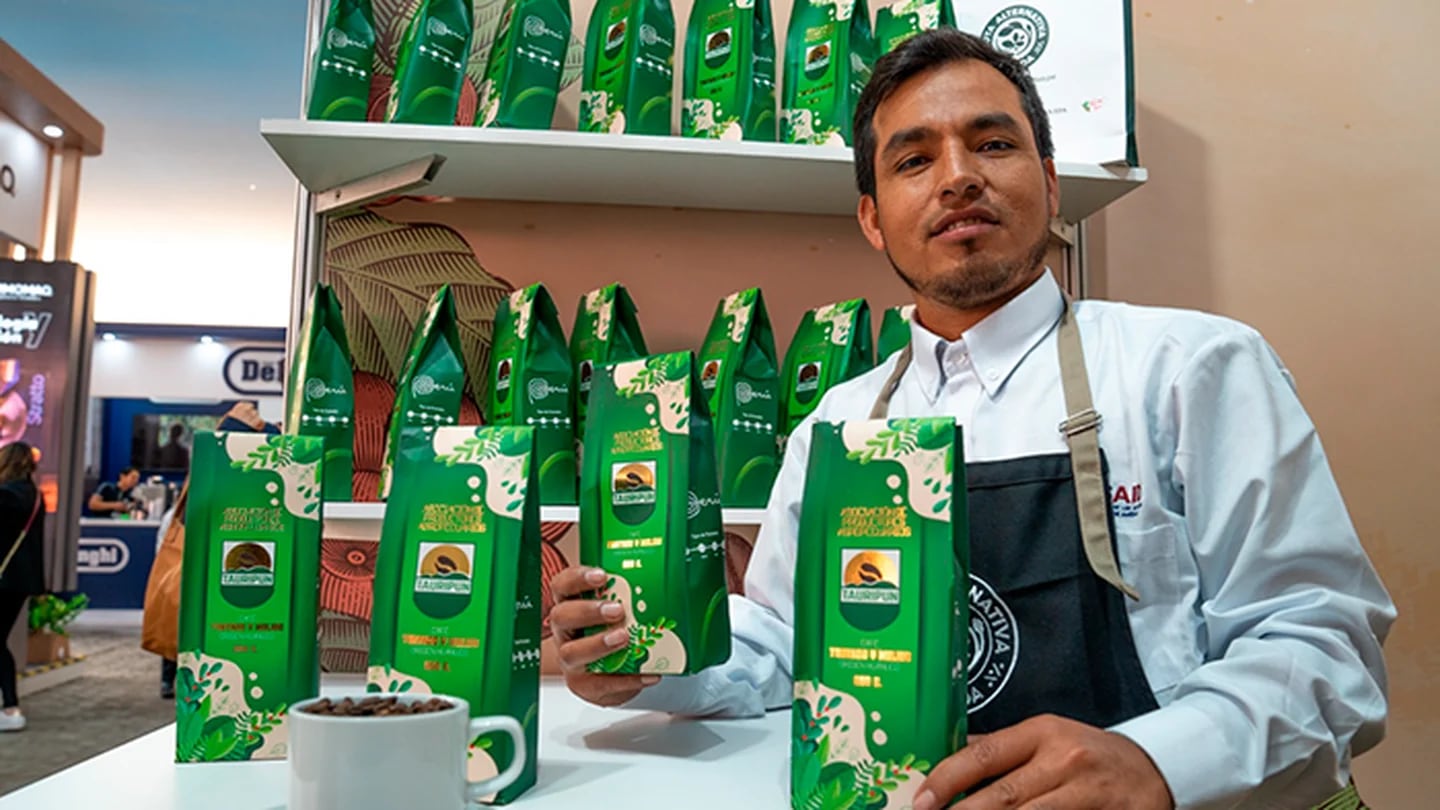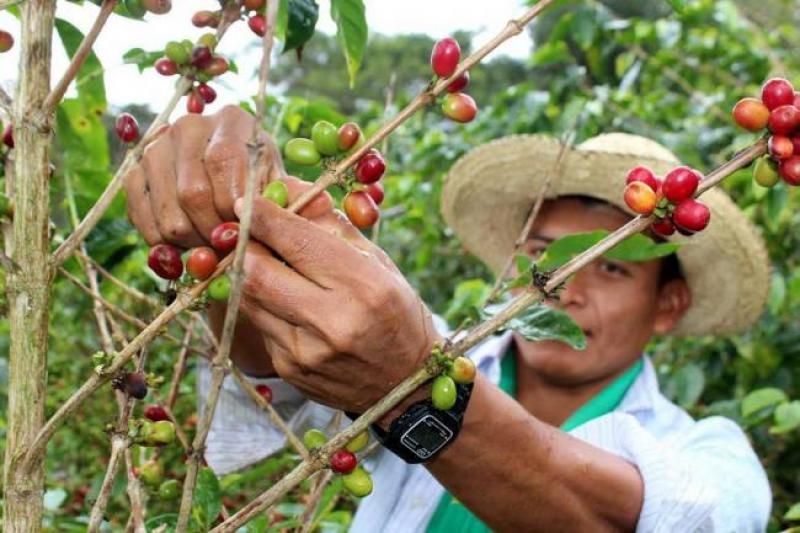Peru's rich coffee culture takes center stage every fourth Friday of August with the celebration of Peruvian Coffee Day. Established in 2008, this year’s festivities on August 23rd will feature a variety of events across the country, spotlighting the significance of this cherished national beverage.
Peruvian coffee is one of the most significant economic and cultural elements of the country. For this reason, every fourth Friday of August, Peru celebrates Peruvian Coffee Day, highlighting the importance of this bean in the lives of thousands of farmers and consumers. This year, the date is commemorated on August 23. Since 2008, the Ministry of Agricultural Development and Irrigation (Midagri) has instituted this day to recognize the significance of this bean as a driver of rural development and as a product that has gained recognition in international markets.
Various activities are planned throughout the country, including the 9th VRAEM Coffee Week 2024, held from August 19 to 25 in the Plaza Mayor of Ayacucho. During these days, products from coffee-growing districts in the region will be showcased, with the active participation of farmers who see coffee as a sustainable economic alternative. This event is organized by Devida, in coordination with the Regional Government of Ayacucho, Amuvrae, Midagri, Produce, Cite Vraem, the Coffee Technical Board, the Coffee Growers Federation, and the NGO Progreso.
Another notable event is the celebration in Pangoa, Junín, on August 22, where a day-long event will be held in the district's main square. Here, coffee is highlighted as one of the key drivers of economic development in the region, emphasizing its importance for the sustainability of rural incomes.
Here are the activities planned for these dates:
“I Drink Peruvian Coffee” Festival in San Borja
From August 22 to 25, the “I Drink Peruvian Coffee” Festival will take place in San Borja, Lima, specifically behind the La Rambla Shopping Center. This event, organized jointly by Midagri, Produce, and Devida, aims to promote the consumption of specialty Peruvian coffee. Over 40 organizations from 16 regions will participate, presenting a diverse selection of coffees. It is estimated that 10,000 free cups will be distributed to attendees throughout the festival, offering a unique sensory experience. Producers who have transitioned from coca cultivation to coffee will also take part, showcasing how they have transformed their communities.
The festival, held from 11:00 a.m. to 9:00 p.m., provides an opportunity to learn about the different origins and production methods of coffee while supporting local producers. The event includes activities such as coffee tastings, workshops on various preparation processes, and live performances.
4th Peruvian Coffee Festival
Parque 3 de Octubre in Pueblo Libre will host the fourth edition of the Peruvian Coffee Festival on August 24 and 25. Omar Moreno, known on social media as “El Cafeteador,” organizes this event, which aims to promote coffee consumption nationwide. The festival will feature 15 specialty coffee shops, along with producers from various regions.
The festival also includes activities such as tasting a thousand cappuccinos, a V60 brewing tournament—a manual coffee filtering method—and tasting areas for different varieties. The event is free to the public, offering access to a space dedicated to coffee, its production, and its tasting.
The Journey of Peruvian Coffee in the International Market
Peruvian coffee has been present in international markets since the 1990s, with a strong push in the export of specialty coffees. In 1997, these coffees began to gain recognition outside the country, and by 2000, national production had reached 130,000 quintals, of which 60% were organic coffees.
According to Tomás Córdova Marchena, president of the National Coffee Board (JNC), each Peruvian consumes around 1.4 kilograms of coffee per year, of which 900 grams are of national origin, while 500 grams are imported coffee.
Source: Infobae
›› Check out our Salkantay Trek Tour, where we include a COFFEE EXPERIENCE at Santa Teresa Valley in Cusco.




